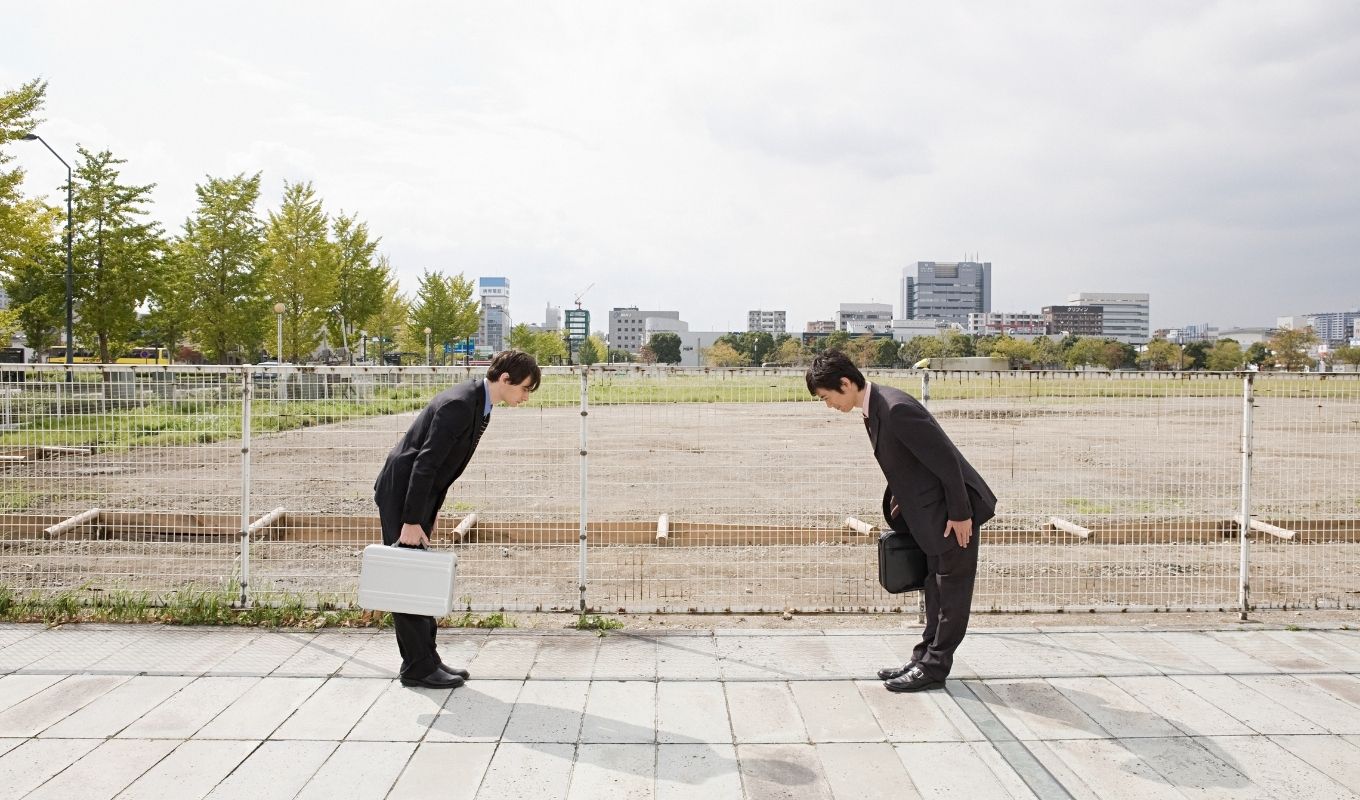Visas and customs in Japan should be on your mind if you are planning to visit the country anytime soon. It is essential that you understand the requirements well in advance of your departure for Japan so that you can prepare the necessary documentation.
As with most countries, visas are required if you plan to visit Japan for more than just a short tourist visit. For a short visit, you will not need a tourist visa or any other type of visa.
If you plan to work in Japan or if you plan to travel there in some sort of official capacity (e.g., diplomacy or government attaché), you will need to apply for the appropriate visa before you leave your home country. A Japan travel visa is not required if you plan to stay in country for fewer than 90 days (more on this below).
Regarding customs: certain items may not be brought into Japan (see below). Depending upon your country of embarkation before arriving at the airport, you may or may not have your bags searched upon entry. Usually, you will be waived through customs. If you are wondering about travel documents needed to fly to Japan, read on.
Visa-Free Stay
If you are wondering, “Do I need a visa to visit Japan?”, the answer is, “It depends.” If you plan to travel to Japan for a 90-day or less period as either a tourist or on business, you can get by without a visa. This is called traveling visa-free. To qualify, your passport must be valid for the entire duration of your stay. And, you must have in-hand a return or an onward ticket.
Note that you cannot change your status from “visa free” to another type of visa without first leaving Japan and returning again.
Working Visa
If you plan to work while in Japan, you will need to get a work visa. In this case, a Japan travel visa will not suffice. For example, if you are an artist, professor, journalist, investor, researcher, engineer, etc. and plan to get paid to do your specialty work while in Japan, you will need this type of visa.
Apply for a working visa at your country’s Japanese Embassy / Consulate General.
Note: some wily foreigners try to leave Japan every 90 days (visiting, say, Korea or Guam) and then returning again in order to avoid ever having to apply for an official visa. Many of these people have a job on the side in Japan but do not report it. This can be a dangerous game, however. Customs officials will be paying attention to your entry and exit dates and may investigate you if they feel you are trying to skirt the work visa requirement.
General Visa
For people who plan to stay in Japan longer than 90 days but do not plan to work, they may need to apply for a general visa. This would apply, for example, to people involved in cultural activities, as well as college students, precollege students, people undergoing training, and people engaged in a family stay. As with work visas, apply for a general visa through your local Japanese Embassy / Consulate General.
Specified, Diplomatic, Official
There are other types of special visas. For example, if you are the spouse of Japanese national, spouse of permanent resident, long-term resident, or will be engaged in designated activities, you will need to have a specified visa.
Meanwhile, diplomats and diplomatic couriers will require a diplomatic visa. Finally, technical employees or administrative working for diplomats will require an official visa.
Immigration Procedures
Upon entering the country at the airport, you are now required to have your fingerprints scanned. You will also be photographed at the port of entry. This does not replace or substitute any other visa or passport requirements.
However, you will be exempt from these procedures if you are a foreign national who is a special permanent resident, a person under the age of 16, holders of diplomatic or official visa, and personal invited by the head of a national administrative organization.
Customs
After you pass through immigration, you (your person) and your luggage will need to pass through customs before leaving the airport. Upon entering Japan, you certain duty-free allowances can be made for certain articles.
For example, as of the time of this writing you are permitted to bring into Japan: 3 bottles of alcoholic beverages, 100 cigars, 400 cigarettes, and 2 ounces of perfume.
The total market value of the items (apart from the exempt items above) you bring into Japan must be under 200,000 yen (approximately U.S. $2,400 or 1,800 Euros).
You may bring into Japan or leave Japan with an unlimited amount of cash. However, if you are transporting more than 1,000,000 yen you must report it to customs.
Meanwhile, by law the following items may not be brought into Japan in any quantities:
- Opium, ether narcotic drugs and utensils for opium smoking, and stimulants (including Vicks Inhalers and Sudafed), psychotropic substances (excluding those designated by an ordinance of the Ministry of Health and Welfare)
- Counterfeit, altered, or imitated articles of coins, paper money, banknotes, or securities
- Books, drawings, carvings, and any other article which injures public security or morals (obscene or immoral materials, i. e. pornography)
- Articles which infringe upon rights in patents, utility-models, designs, trademarks, copyright, neighboring rights, or layout- design of integrated circuits
- Firearms (pistols, rifles, machine guns, etc.), ammunition (bullets) thereof, and parts of firearms.
For more on what is allowable and forbidden upon entering Japan, visit the official Japan Customs website.
Important: if you happen to travel to Japan from Thailand or certain other Southeast Asian countries, customs may be particularly vigilant in terms of what you may be carrying on your person or in your bags. Be certain that you are not carrying any illicit drugs or other contraband. Japan does impose stiff prison sentences on drug smugglers.







